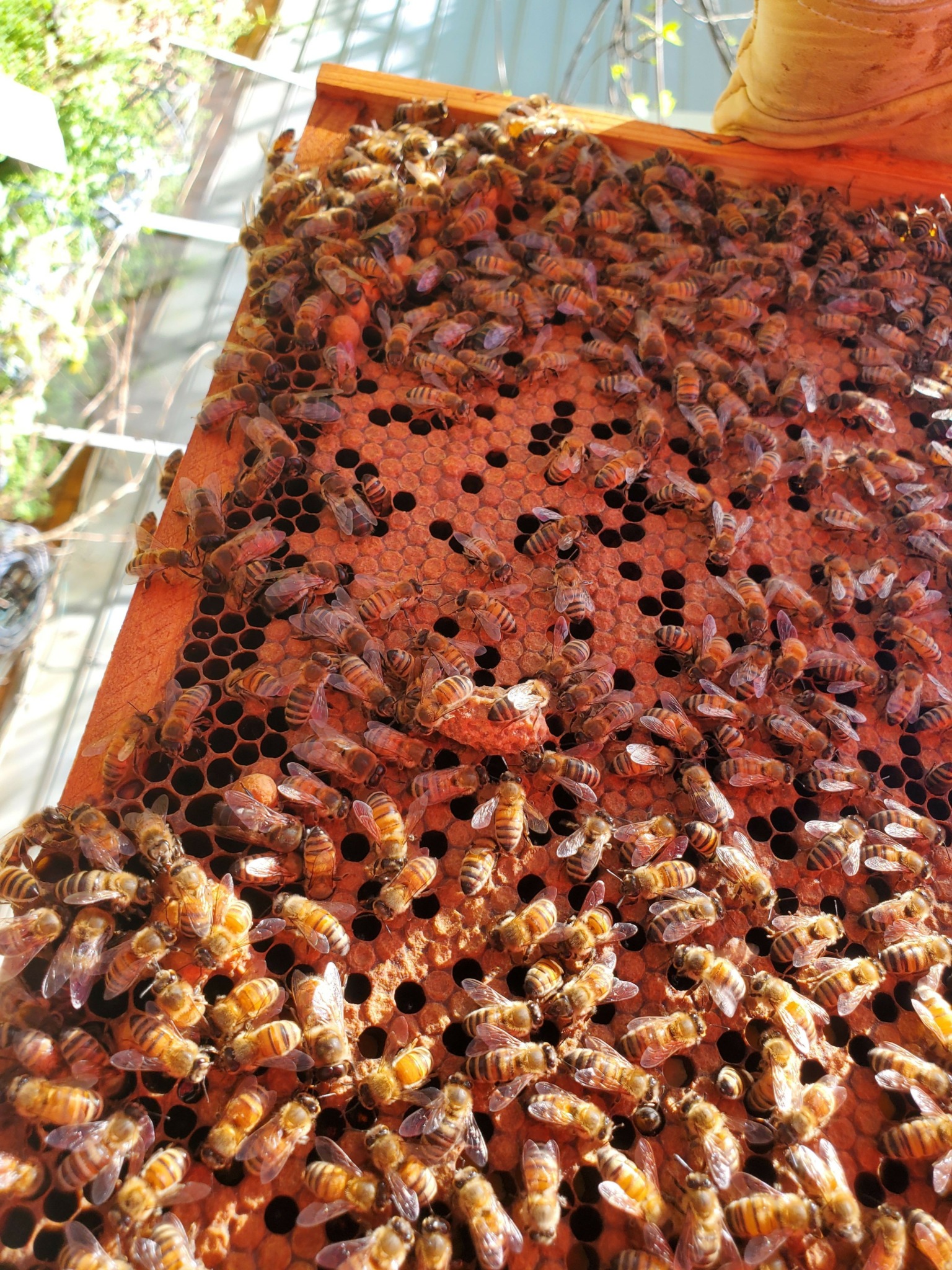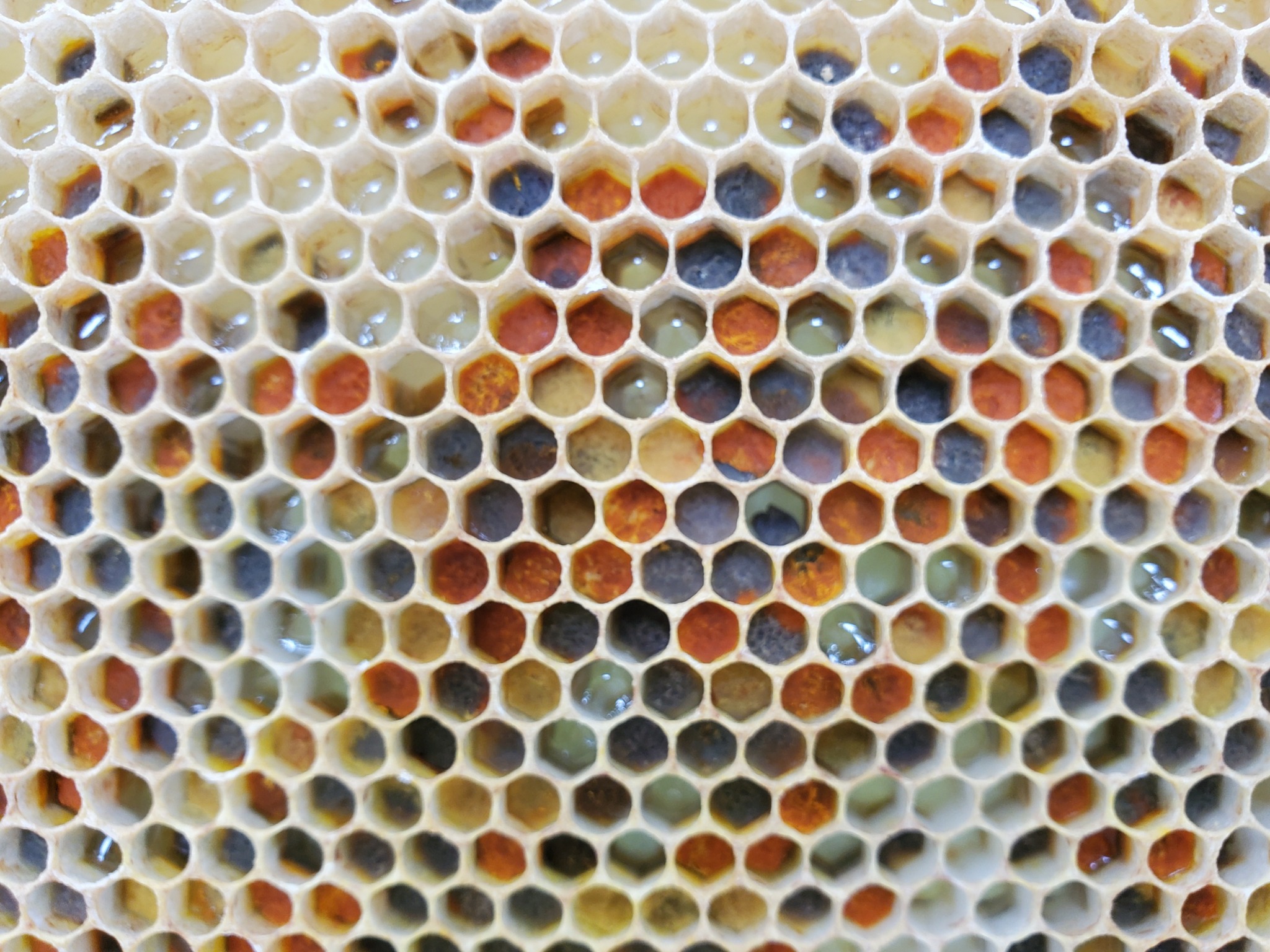We recently connected with Paris Sharpe and have shared our conversation below.
Paris, appreciate you joining us today. What was it like going from idea to execution? Can you share some of the backstory and some of the major steps or milestones?
My grandparents were tobacco farmers in rural Carolina. Connection to the land and it’s cycles have always been a part of life but it took me until adulthood to truly appreciate how special it is. For most of my life, I lived a great distance away from the family farm, so it existed fondly in my memories as a place that we went to for the summer, family reunions and to harvest corn and snap string beans beans on a long weekend. About 3 or 4 years ago my sister and I decided to attend NC Farm School (out of NC State University) to try to learn more about agriculture as a business. With the help of my grandparents, my sister Bianca and I decided that we should “revitalize” the farm and so “The Agrarian Connect” (@TheAgrarianConnect on Instagram) was born. In the last couple of years, we have managed to grow market veggies and participate in local farmers markets but it is still a work in progress. It was my upbringing and going into business with my sister that highlighted agriculture adjacent issues such as permaculture, wildlife conservation, water quality, the use of fertilizers and pesticides amongst a long list of other considerations that you become sensitive to as you try to live off the land.
At some point in this journey I met my lovely fiance Albert, who was just as excited about the farm as I was. My family, impressed with his enthusiasm, welcomed him and his ideas with open arms. He asked if I had ever heard of the “Mecklenburg County Beekeeper Association” and their “Bee School” program to become a certified beekeeper. One of our contributions to the farm could be to introduce and care for honey bees in the interest of crop pollination and conservation of the bees. I loved the idea of being tied to an ancient practice (did you know beekeeping goes back to ancient Egypt?) and helping our farm flourish. Albert signed us up, we completed the class and after a few months we were already working in the bee yard of our mentor. Shortly there after we would purchase our first hive.
For those of you who don’t know, bee/hive populations tend to erupt in the Spring and Summer season. If a beekeeper is not careful to provide additional hive boxes and space for the bees, they can swarm (leave the hive). One way that you can prevent swarming is to “split” a hive into two colonies. Our first hive quickly became two, three and then four hives within our first year. About 9 months into the experience we had a beekeeper friend of ours who had to close his beekeeping business due to health issues and asked us if we wanted to purchase his equipment and take on his 30 hives…..
We had a hard decision to make. While we had not planned on scaling up that quickly, we were presented with an awesome opportunity and we took it. Over the next couple of months we transported all of his hives to their new location and got to work with inspecting and caring for all the bees. The number one rule of beekeeping, no matter what your plans are (honey production, wax production, bee pollen collection etc.) are HEALTHY BEES. The first months were spent making sure each hive was healthy and that they had enough room and resources.
We got our bees late in the season, so as first year beekeepers we had to figure out how to help roughly 35 hives survive the winter. The hives may need supplementary feedings and insulation at that time. While we were observing the bees during the winter we were also gearing up for Spring, which we hoped would be our first honey production season. Some of the next steps were as follows:
-We fleshed out our inventory with additional hive boxes and tools
-Made a plan of care and hive inspection schedule
-Purchased additional materials and treatments for hive pest prevention (all types of little bugs and beetles want to stay warm and eat honey too!)
-Started networking and sharing with our community our intention of producing honey
-Started the paperwork for our business
-Secured our web domain and basic web page
-When the weather started to warm up, we immediately executed our care plan/schedule and prep for honey production and harvesting
Nothing is ever perfect, and we learned a lot about ourselves and the bees but we managed to have a successful season and honey harvest. We got the honey bottled up, worked on our branding and pricing etc. Then we started offering samples to our local tea shops and restaurants. We are still building those relationships but the rest is history! We managed and the business started to grow (right along with the number of hives!)
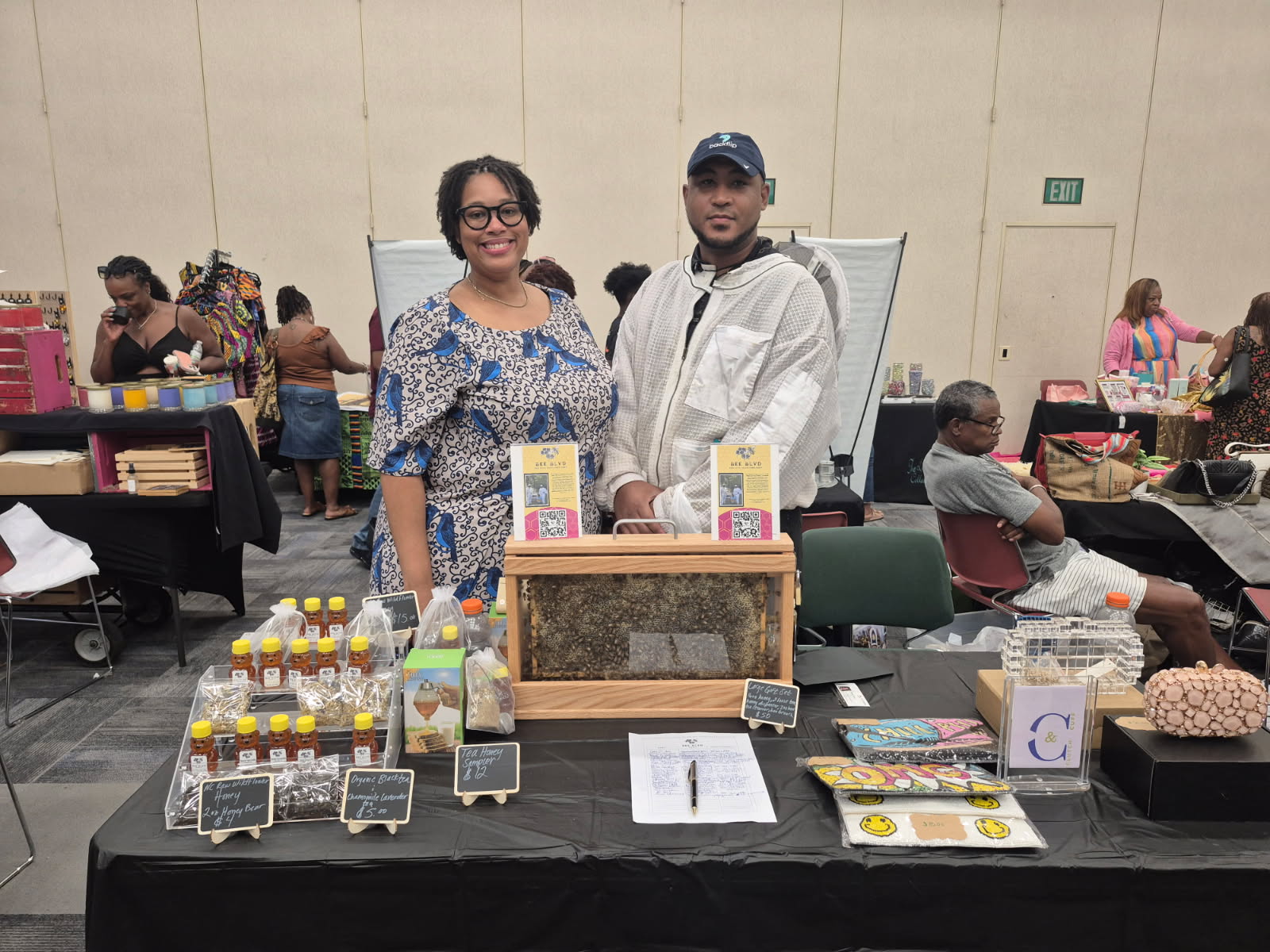
As always, we appreciate you sharing your insights and we’ve got a few more questions for you, but before we get to all of that can you take a minute to introduce yourself and give our readers some of your back background and context?
Bee Blvd. is an apiary out of NC (Burlington, Charlotte, Matthews, Monroe) that produces honey, cares for honey bees and participates in educating youth about the world’s favorite pollinator.
We are most proud of learning how to use our hands and work in harmony with nature to produce a quality product. We hope to eventually grow into the space of other bee and bee venom related therapies. While the science is still growing, there is evidence that supports the idea that bee movement/sound/vibration can help with PTSD as well as bee stings helping to manage certain inflammatory diseases. We may start with honey, but we hope to one day share with the world, the natural healing that can be found with honey bees. We have already found much peace and enjoyment from being amongst the bees. we hope to share that experience and encourage others to do the same.
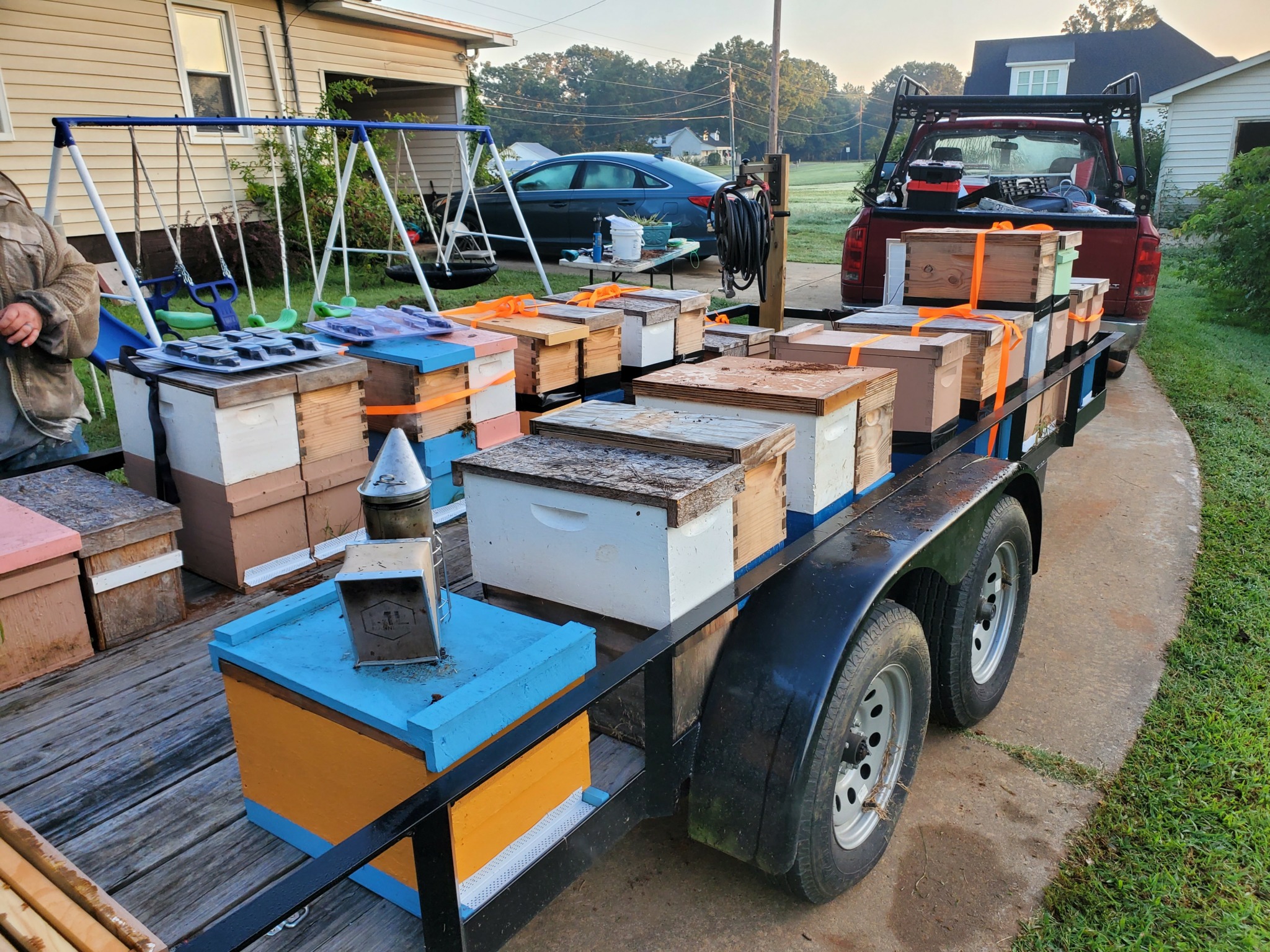
What’s been the most effective strategy for growing your clientele?
For us, the most effective strategy to increase our clientele is getting out in the community, introducing ourselves and allowing people to TASTE the wonderful honey. From coffee/tea shops, restaurants and pop-up shops, about 75% to 80% of people who have the opportunity to both meet the beekeeper and taste the wonderful honey has purchased our product. In a “contactless” geared world of e-commerce and faceless orders, we still find that nothing beats shaking someones hand and allowing them to understand the love that goes into the product. We have given out A LOT of free samples, but it has been paying off.
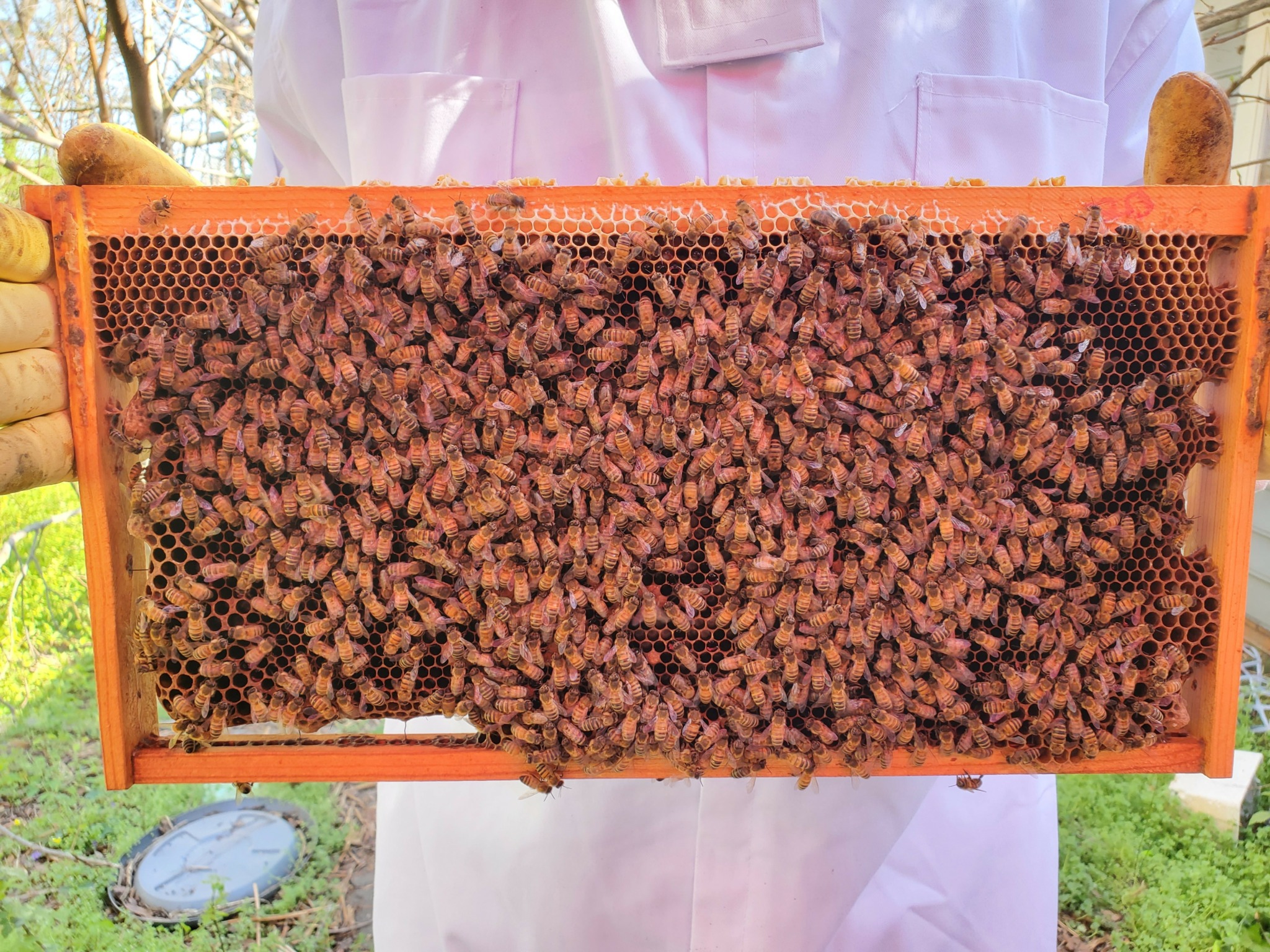
Can you talk to us about how you funded your business?
We did not have all the money up front to obtain all the equipment that we would need for the larger bee operation. We were able to work out an installment agreement with the beekeeper friend who was selling his equipment. If it weren’t for that negotiation, I am not sure that it would have worked out. We also had one or two family friends interested in buying a starter hive for their own backyard garden. Selling a couple of the hives helped facilitate the additional payments we needed to pay off the equipment as well. Albert and I both have “regular” jobs for now. So we each dedicated a little of our salaries to the endeavor as well. The good thing is that most bee equipment can be used for multiple seasons. Also, as long as you keep the bees healthy, they keep reproducing and making new bees too!
Contact Info:
- Website: https://www.beeblvd.com
- Other: We are still working on getting all of our social media created. But we do take correspondence and share info via our website for now! www. beeblvd.com
